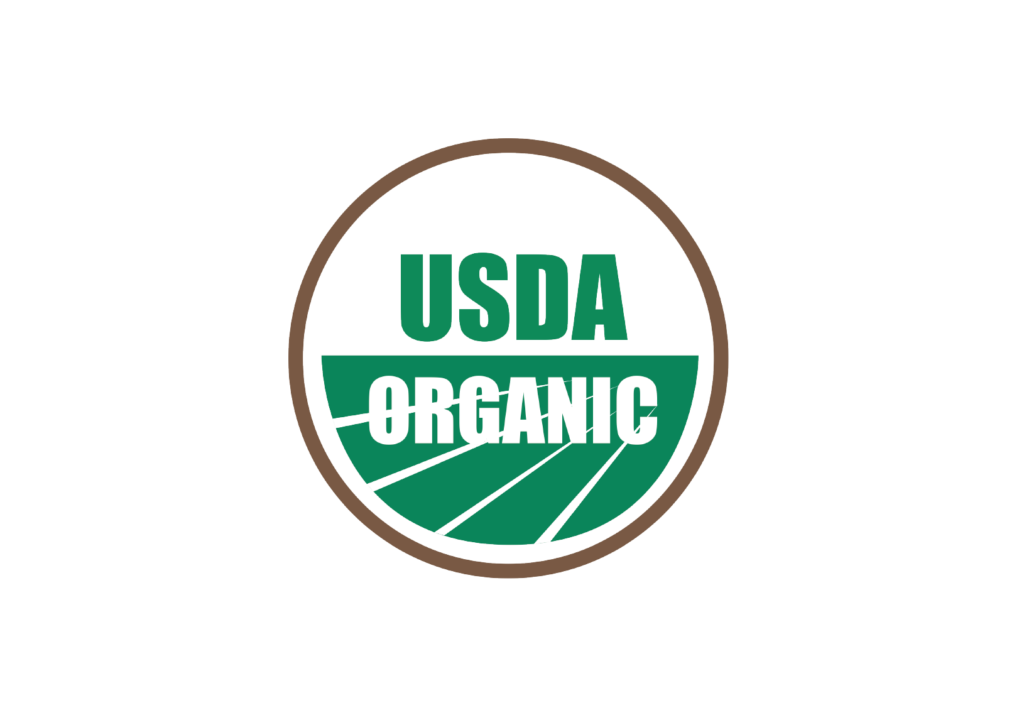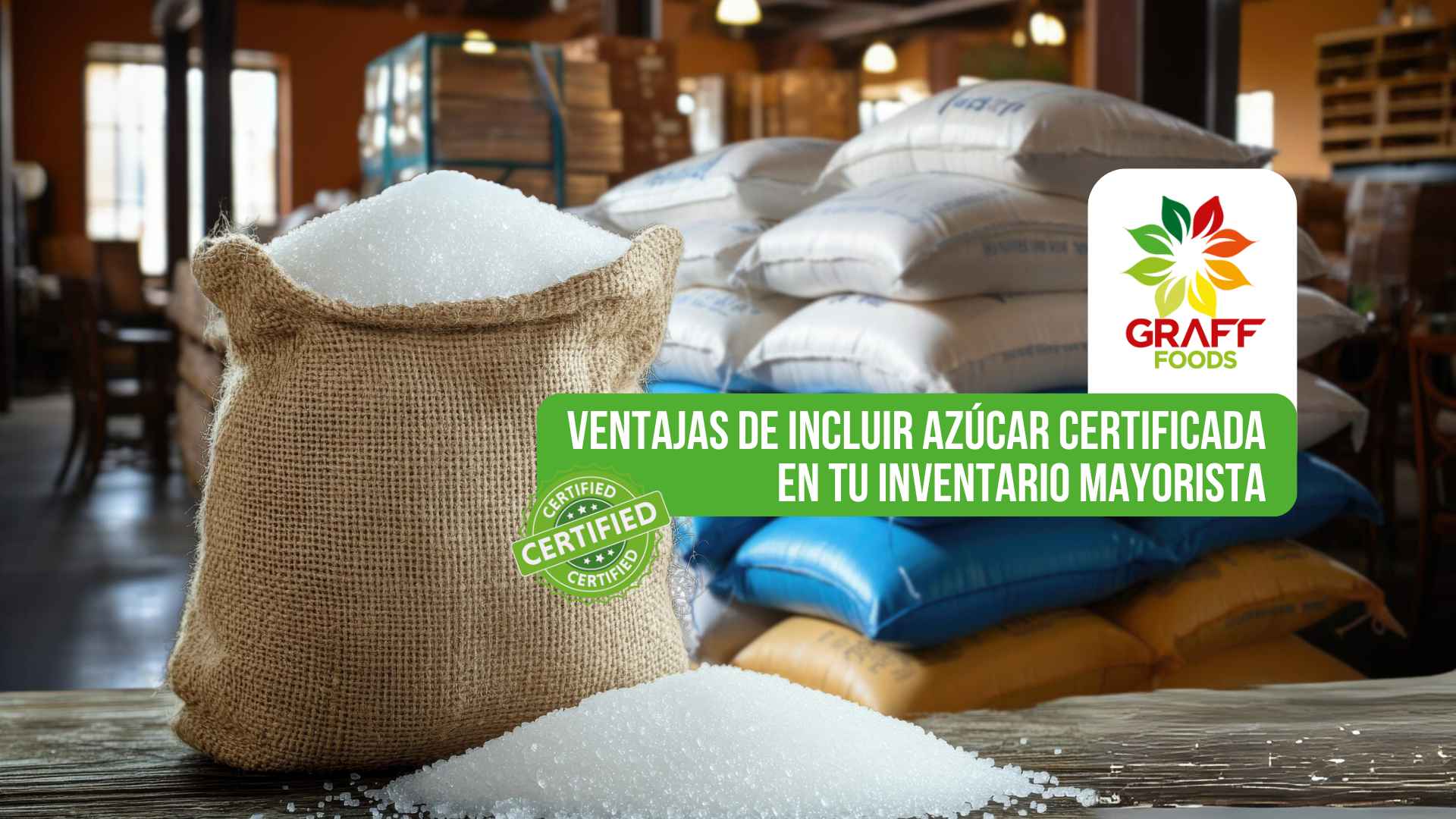Importing certified sugar for wholesalers is more than just a commercial transaction. It is a strategic step to ensure quality, sustainability, and competitiveness in the global market. But what makes certain varieties of sugar and their certifications so important for your wholesale inventory? Read on to discover everything you need to know and how you can benefit from this growing trend in the food industry.
Why Choose Certified Sugar for Wholesalers?
Today’s market demands more than just a good product. Consumers and business partners seek trust, regulatory compliance, and sustainability. Including certified sugar for wholesalers in your inventory positions you as a reliable supplier that prioritizes both quality and adherence to international standards. This reputation places you among the market’s leading and trusted brands.
Moreover, globalization has expanded the availability of sugar varieties, from refined white sugar to certified organic sugar. Each type comes with its own set of standards and certifications that guarantee its quality and viability in the international market.
Types of Sugar for the Wholesale Market
There are various sugar varieties available for import, each with specific applications and benefits. Below are the most relevant types:
Refined White Sugar

This is the most common and widely used variety worldwide. Its high level of refinement makes it versatile for baking, beverages, and processed products. For wholesalers, having certified refined sugar ensures the consistent quality that buyers expect.
Brown Sugar

Brown sugar retains some of its natural molasses, giving it its characteristic color and flavor. It is popular in bakeries and specialized products like premium desserts and beverages. Certification guarantees it is responsibly produced and complies with molasses content and quality regulations.
Organic Sugar

This type is rapidly gaining popularity. It is produced without the use of chemicals or pesticides, appealing to consumers concerned about health and the environment. Organic sugar certifications are stricter and guarantee sustainable farming practices.
Raw or Turbinado Sugar

This minimally processed option retains more natural nutrients. Its demand is increasing, especially in specialized markets like gourmet products. Having certifications to verify its authenticity is essential to enter these niche markets.
Key Requirements for the Competitiveness of Certified Sugar for Wholesalers
To ensure the sugar you import is competitive globally, it must have recognized certifications that guarantee both quality and compliance with international requirements. Below are the most important certifications:
1. Organic Certification (USDA Organic, EU Organic)

This certification ensures that sugar is produced without pesticides, synthetic fertilizers, or genetically modified organisms (GMOs). It is essential for accessing the organic product market, particularly in Europe and North America.
2. Fairtrade Certification

The Fairtrade seal certifies that producers have received fair prices for their work and that labor rights are respected. This adds significant value to the product in markets where consumers prioritize ethics and sustainability.
3. Kosher and Halal Certifications

These certifications ensure that the sugar complies with the dietary requirements of Jewish and Muslim communities, respectively. They are essential for expanding your reach to specific global markets.
4. ISO 22000

This international food safety management standard guarantees wholesalers that the sugar has been produced under safe conditions, meeting international food safety regulations.
5. Rainforest Alliance Certification

This certification ensures that sugar production is not only sustainable but also respects local ecosystems and communities.
Steps to import certified sugar for wholesalers
The process may seem complex, but with proper planning, it can be highly profitable. Here are the basic steps to manage the importation of certified sugar for wholesalers:
1. Identify the Right Variety and Origin
Determine the type of sugar you need based on your target market’s demands. Some of the main exporters of certified sugar include Brazil, Paraguay, Thailand, and the European Union.
2. Verify Supplier Certifications
Work only with suppliers who can provide the necessary documentation for the certifications you require. This will ensure smooth product entry into international markets.
3. Comply with Import Regulations
Ensure the sugar complies with specific regulations in your country or region. This includes sanitary requirements, labeling, and additional certifications.
4. Optimize Logistics
Importing certified sugar for wholesalers requires an efficient supply chain to keep costs low and meet delivery times. Partner with reliable logistics operators with experience in food products.
Benefits of Including Certified Sugar in Your Wholesale Inventory
Adopting certified sugar for wholesalers brings multiple benefits to your business:
- Increased Competitiveness: Offering products with recognized certifications positions you as a reliable partner in the global market.
- Access to New Markets: Certifications like organic or Fairtrade expand your reach to ethically conscious consumers and businesses.
- Customer Trust: Guaranteeing the quality and sustainability of sugar enhances your brand perception and fosters long-term business relationships.
- Regulatory Compliance: Avoid legal or customs issues by working with products that meet international standards.
Conclusion: Invest in Quality and Sustainability
Including certified sugar for wholesalers in your inventory not only improves the quality of your offerings but also positions you as a market leader. From organic sugar to certifications like Fairtrade or ISO 22000, every step toward certification adds value to your products and strengthens your position against competitors.
At Graffoods, we offer tailored solutions for importing certified sugar. Contact us today to explore the different options that meet your specific needs and secure your place in an increasingly demanding market.

